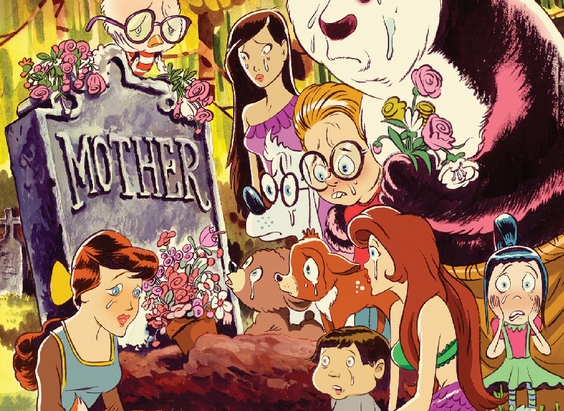The Fool’s Journey Through the Tarot Major Arcana: SunFest 2016
Last year I was honored to be asked to write a “Fool’s Journey Through the Tarot” ritual for SunFest 2016. My first response was to run away screaming “Nooooooooo!” I know from previous experience that there is nothing more time consuming and brain warping than writing, organizing, and directing a large scale ritual. And then it dawned on me that The Fool’s Journey was exactly what I’ve been writing about on this blog for the past several years and it is exactly what my first book, Forging the Blade (which will soon be available), is about. And after doing the blog, the book, and countless readings for clients, I was a firm believer in the transformative, life changing power of tarot. So how could I not share this amazing tool with my community? “OK,” I said. “I’ll do it.” Fortunately, my community is composed of many amazingly talented people who volunteered to be in or help with the ritual, who serve on Other Worlds Of… Read More »



